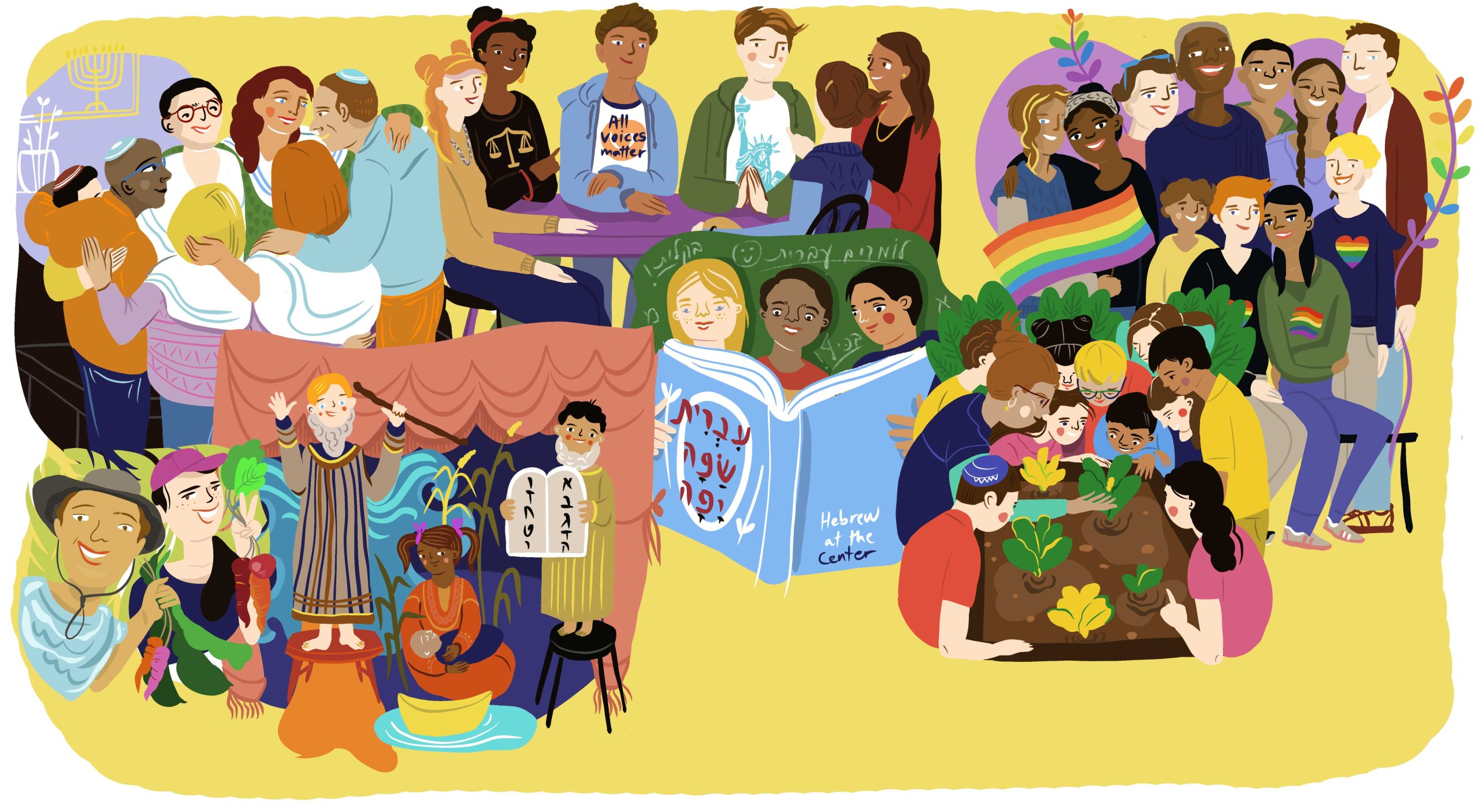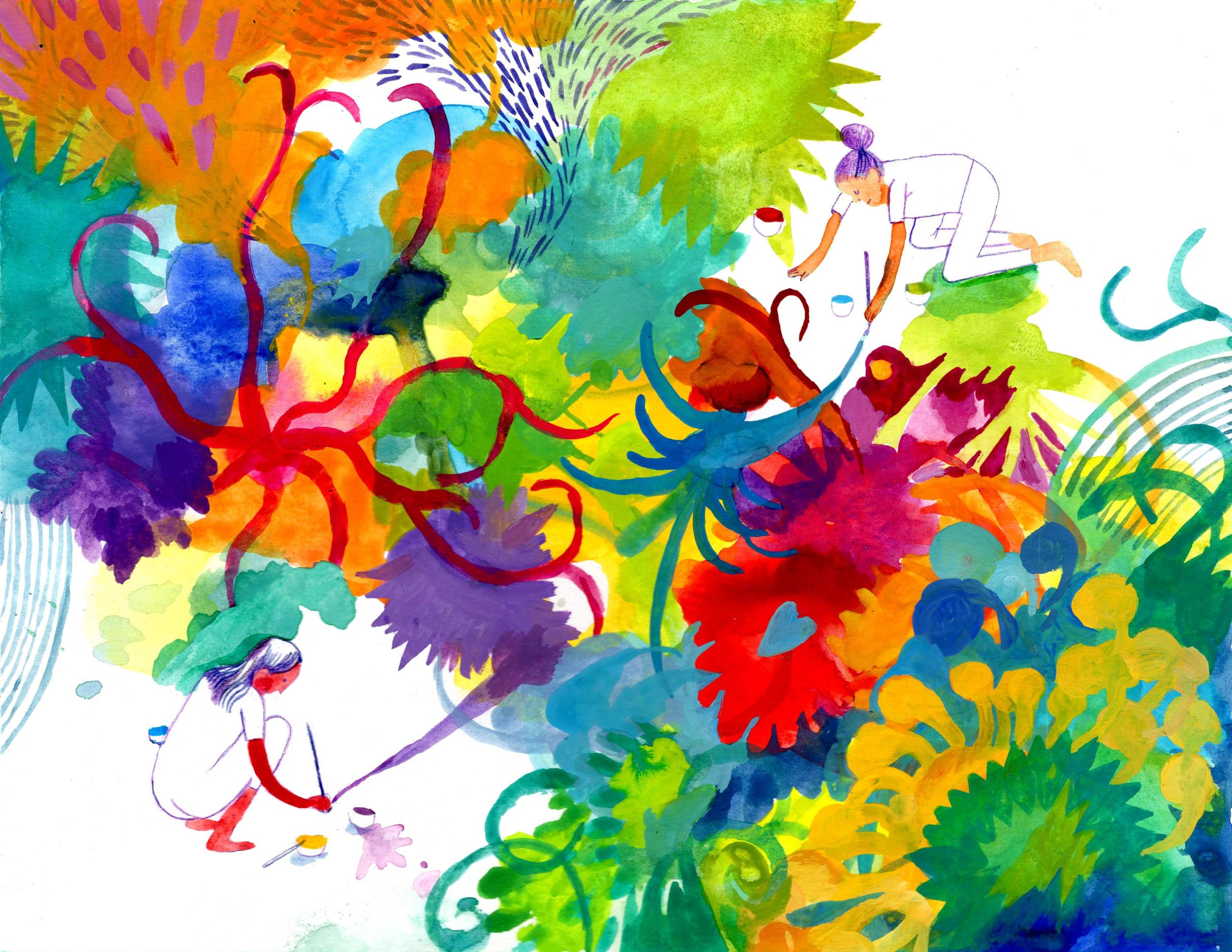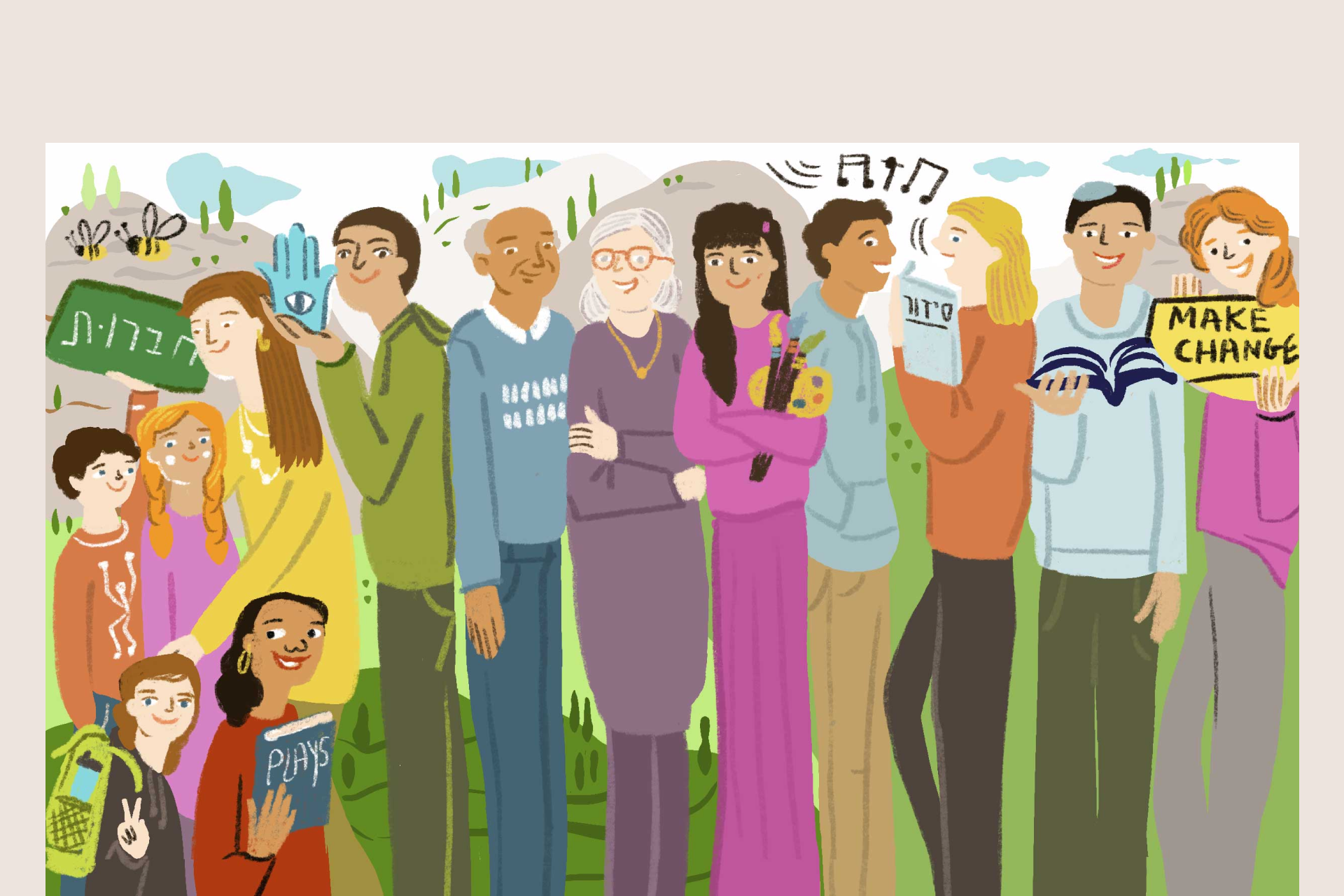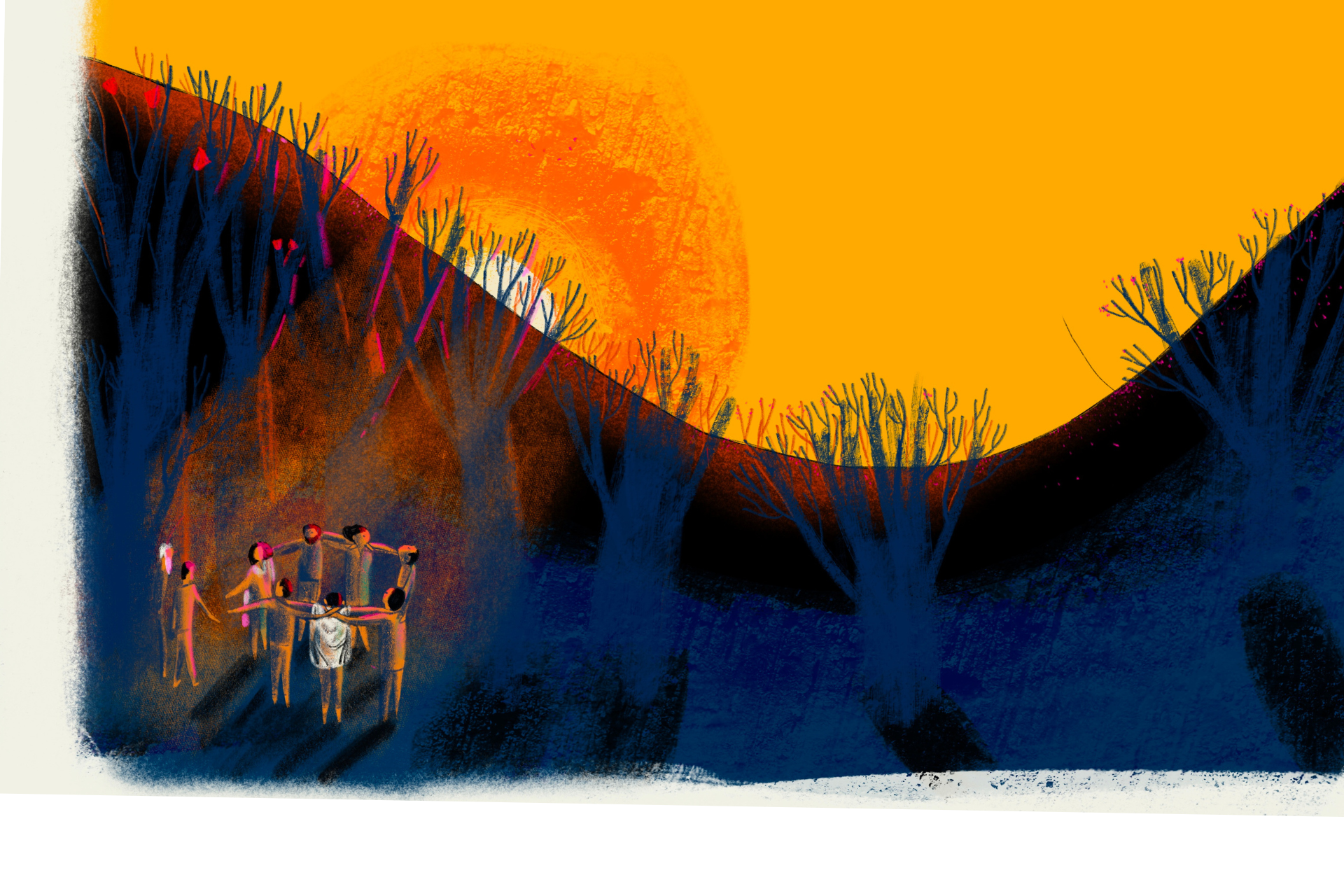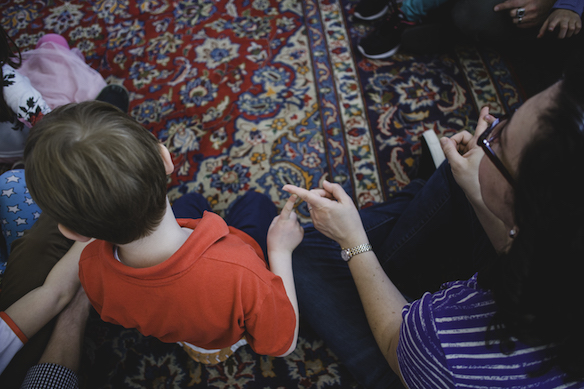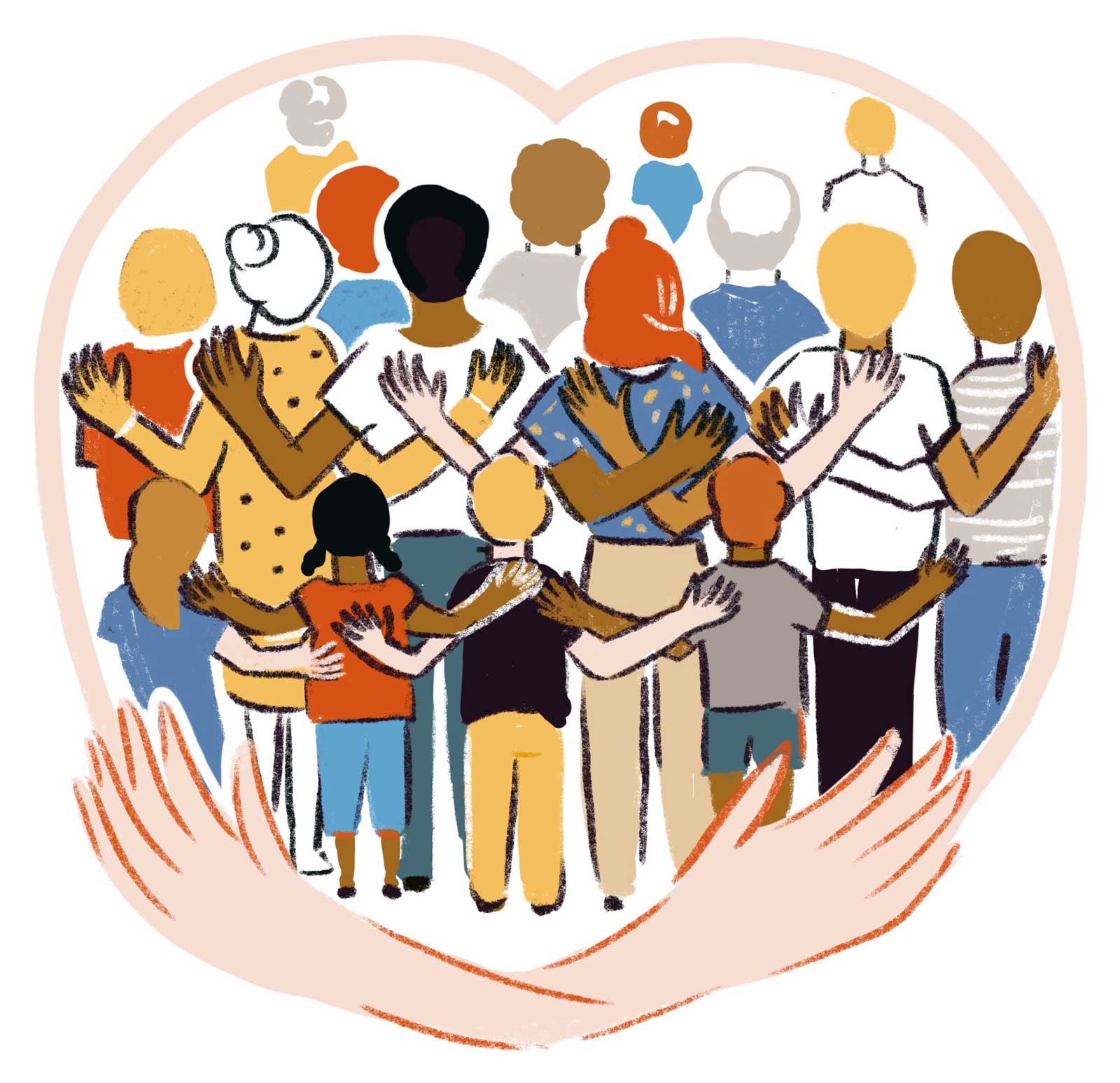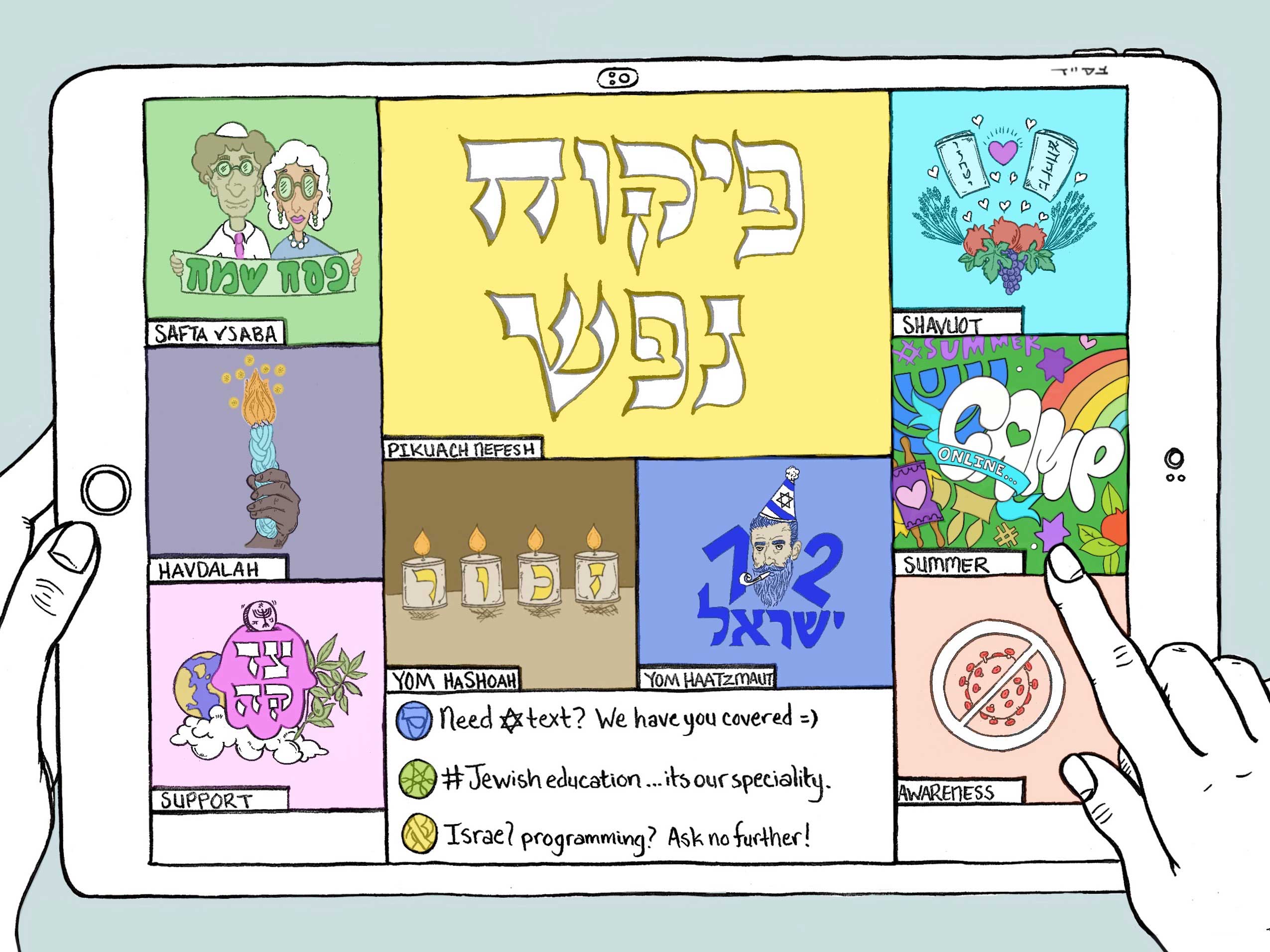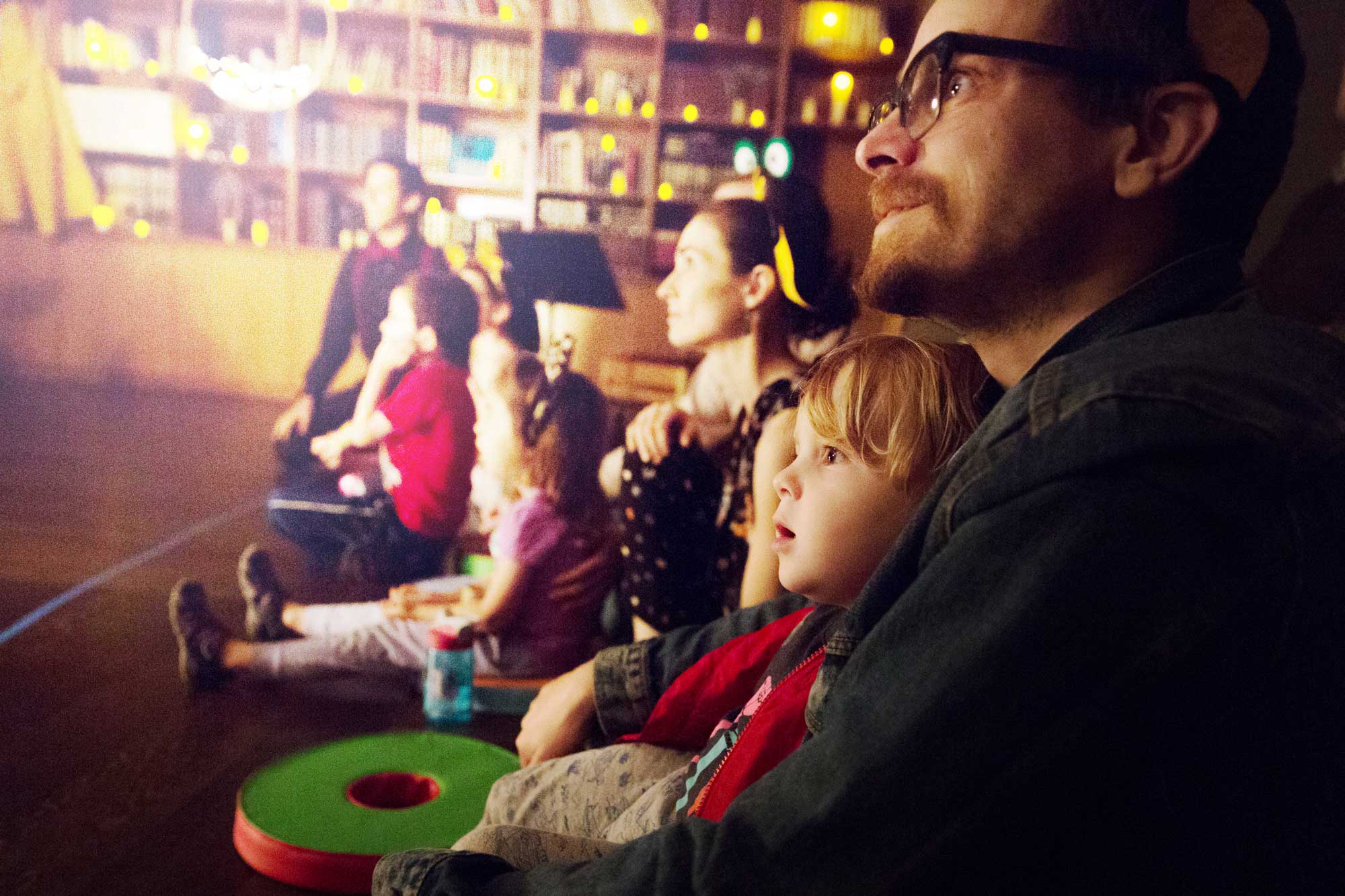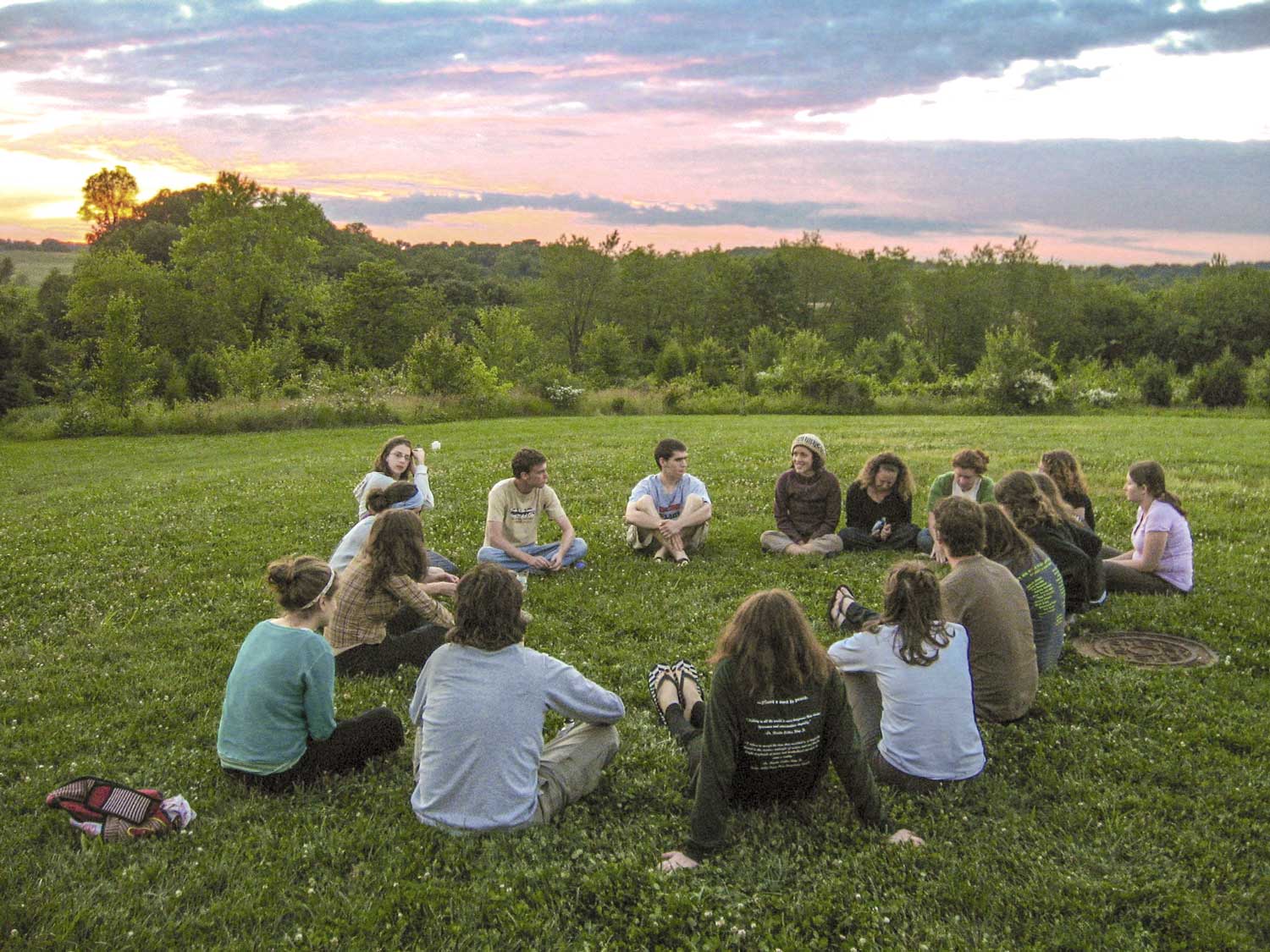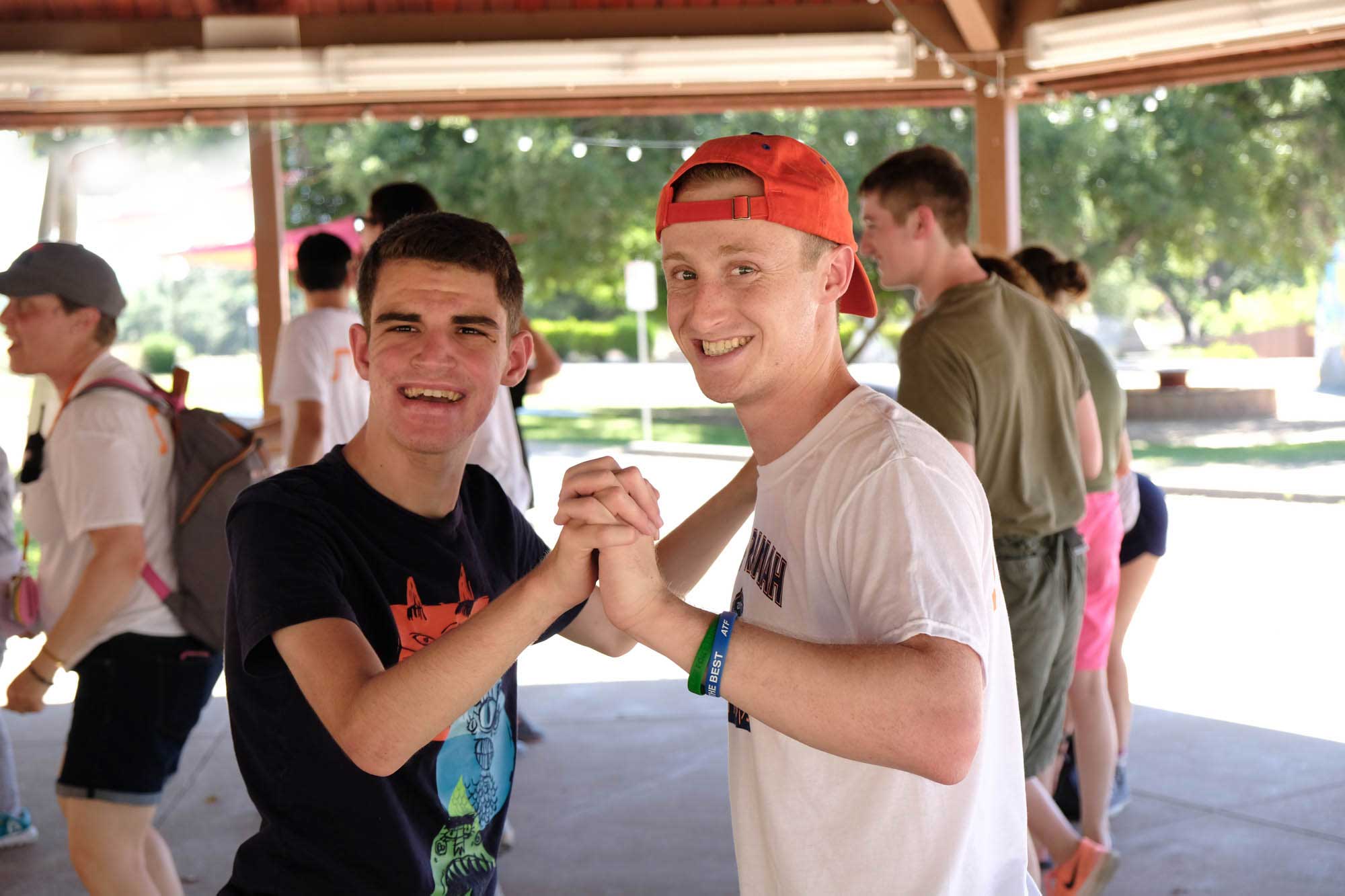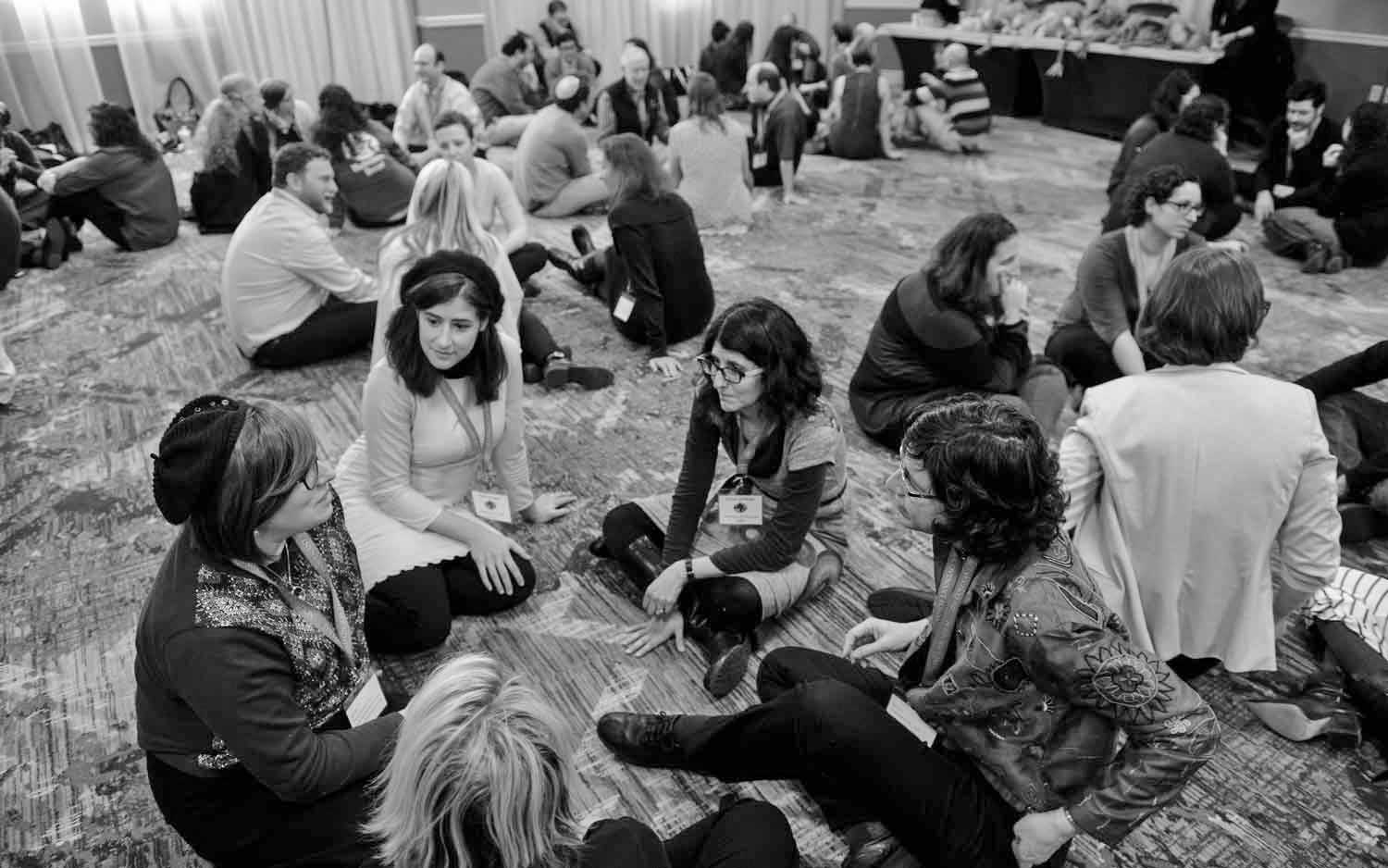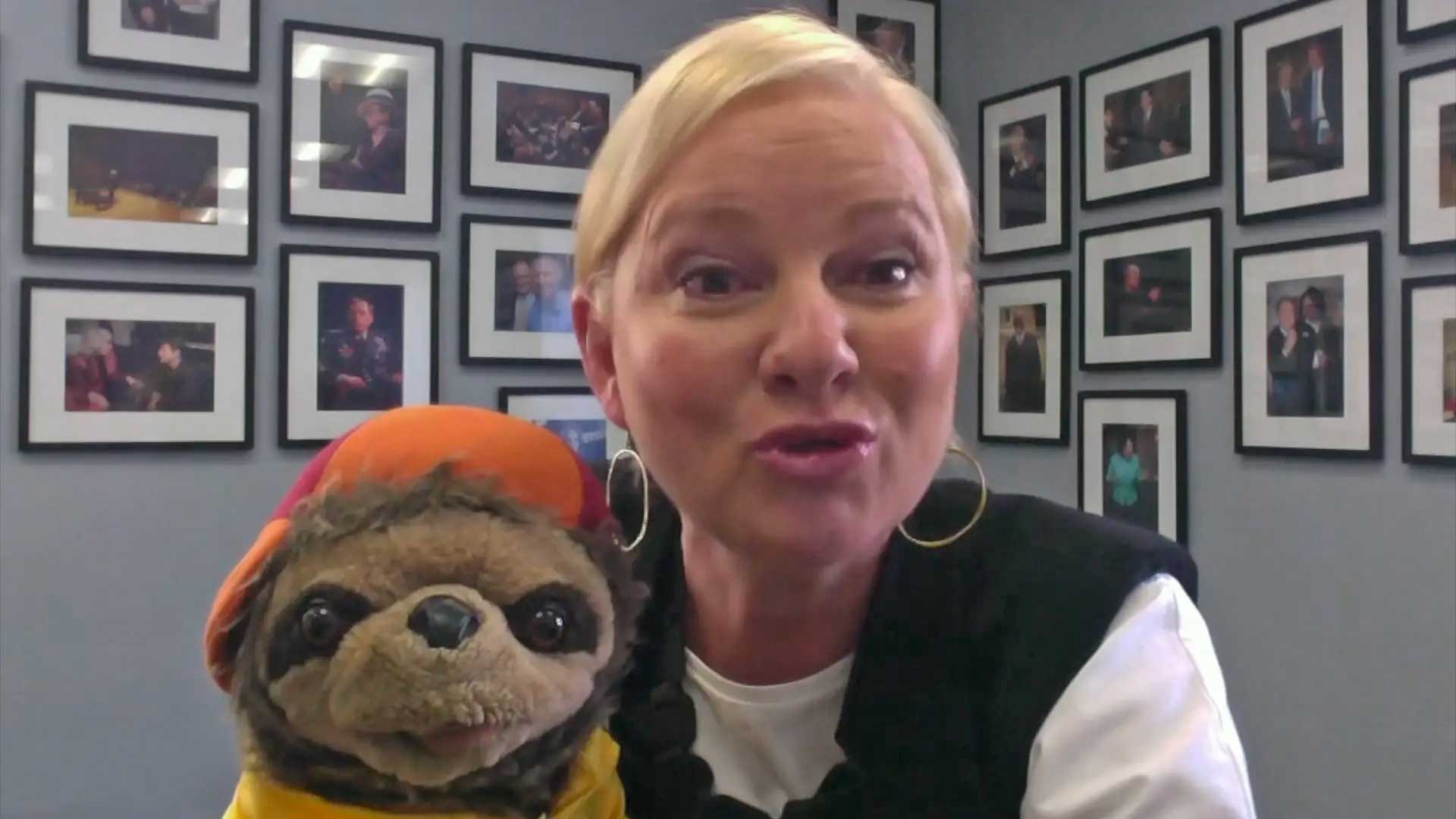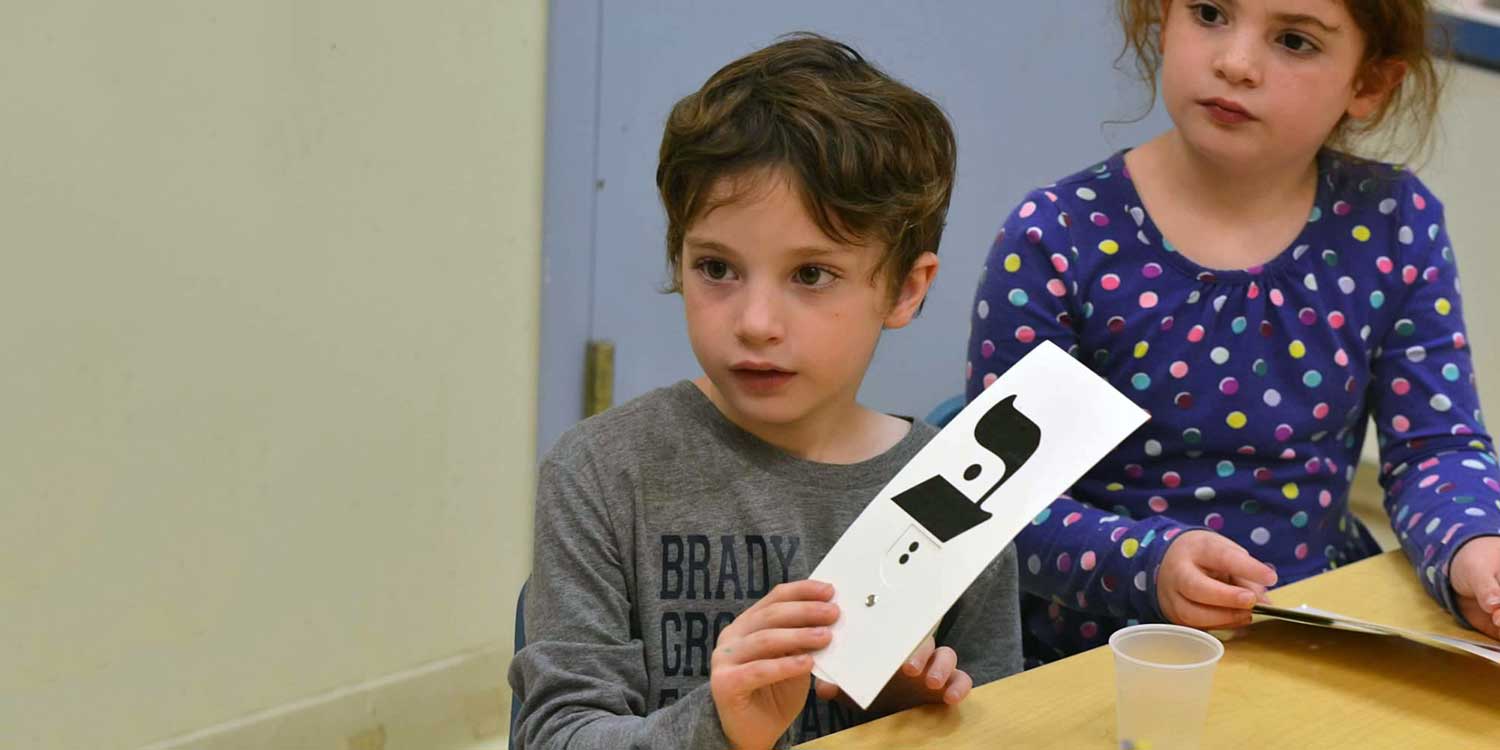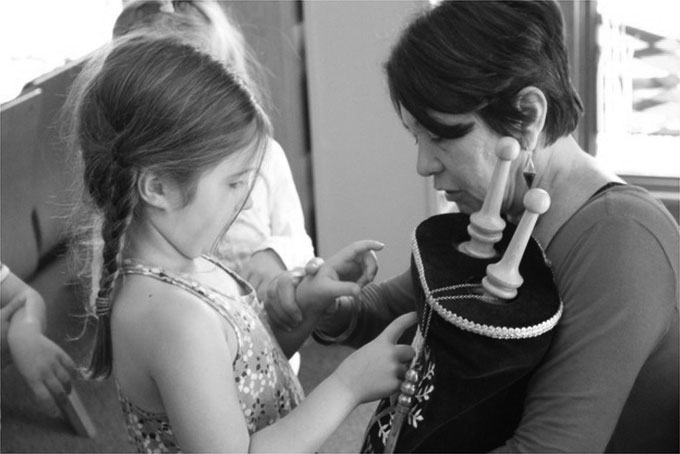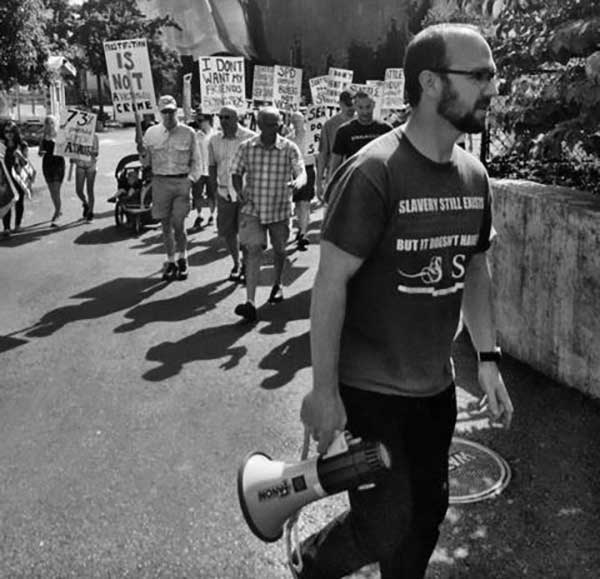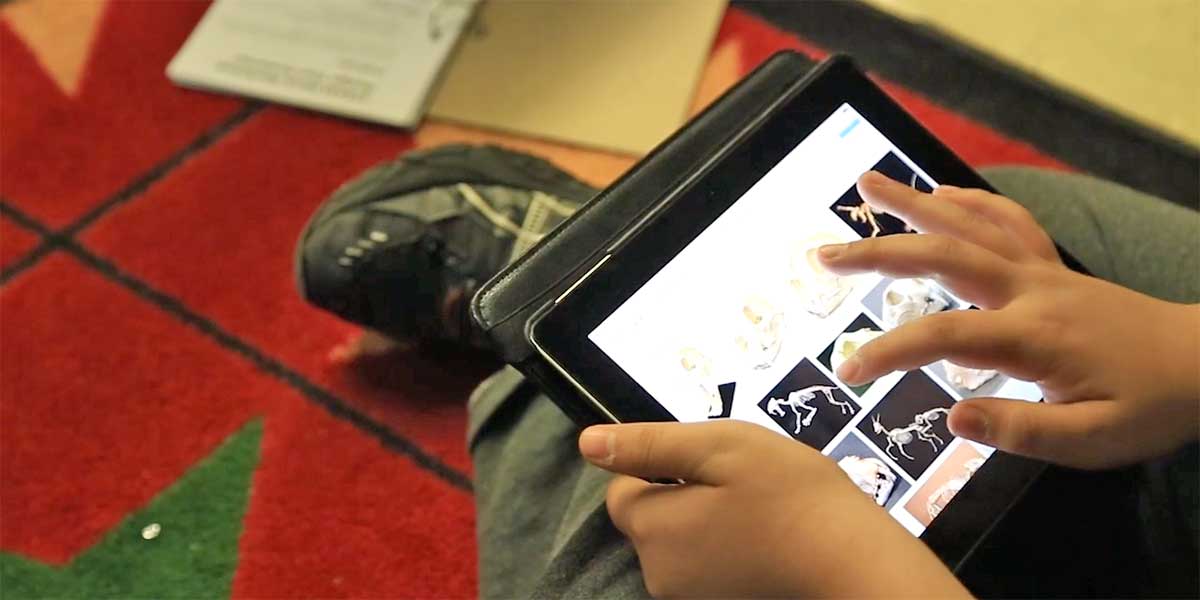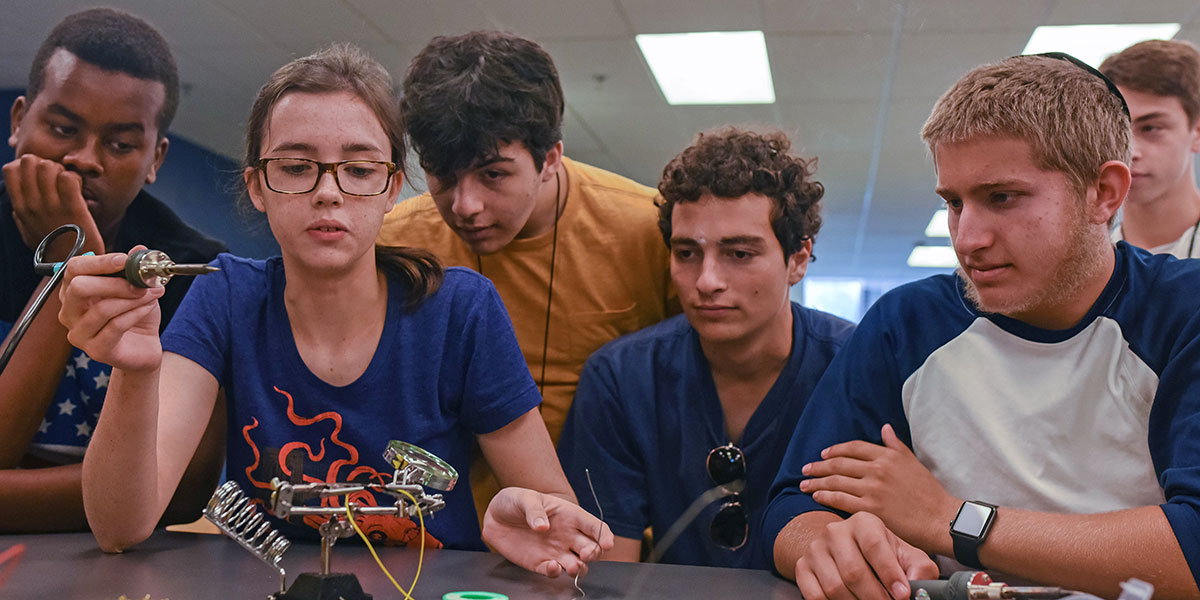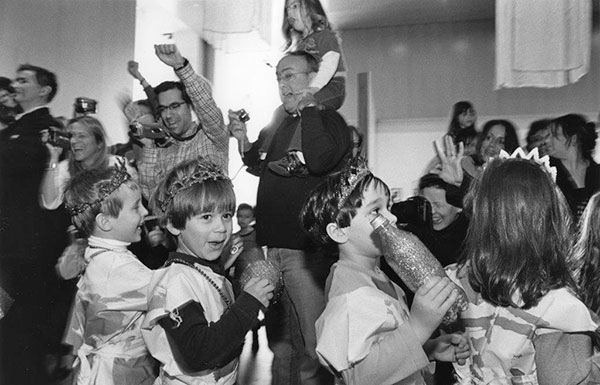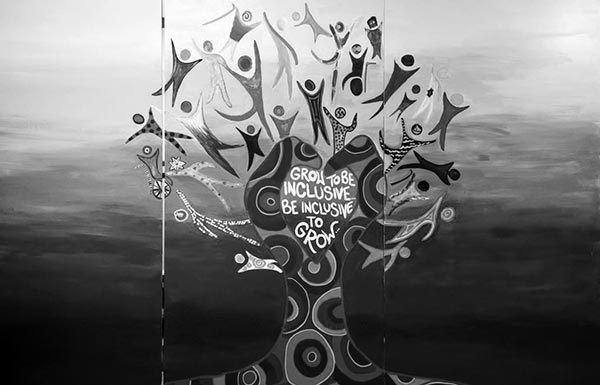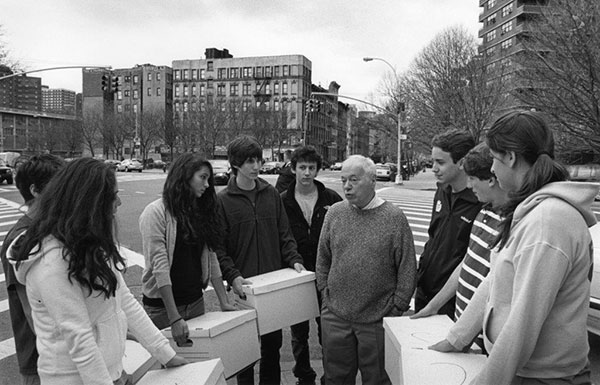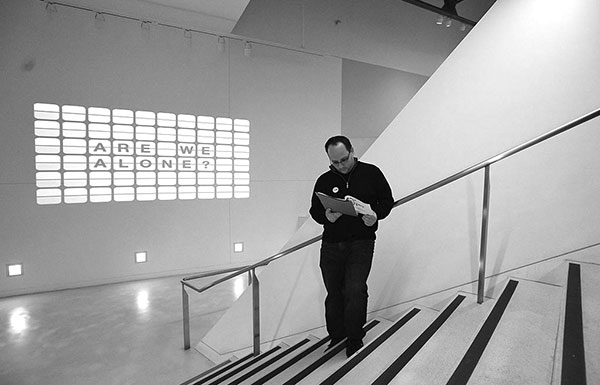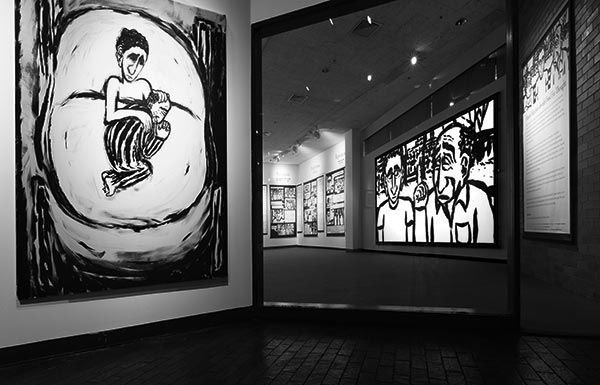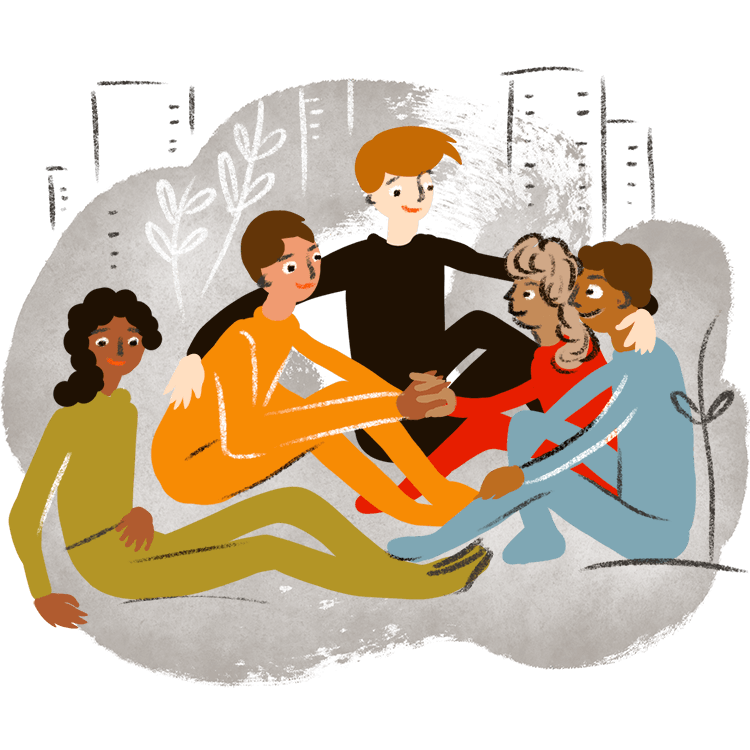
ARTICLE Expanding Our Universe of Obligation
Dear friends,
Lately, the term “universe of obligation” has been reverberating in my mind. Coined by sociologist Helen Fein and most often used when studying the Holocaust and other genocides, the term has gained ever more relevance in recent months. At its root, the term refers to those within our social circle to whom we are responsible; those who deserve protection. Whom do we choose to help, and who do we rely on, to help us?
If we are fortunate, that universe ripples out far beyond our nuclear family--it includes friends, colleagues, people in our neighborhoods and at our schools—and our compatriots and ancestral families. At the Foundation, we often talk about the Covenant family or the Covenant network. Being a part of that means we have an obligation to you, and in turn, you have obligations to one another.
But there’s more. What about those who aren’t an arm’s length—or an email—away? What about our friends and family abroad? The Jewish community at large? And people anywhere across the globe, who may be suffering and need our protection?
In this annual issue of Sight Line, we introduce you to the new Covenant grantees. As you read through these interviews, you will identify courageous attempts by each to expand their "universe of obligation."
Take, for example, our grantees at Adamah, who are addressing the very real anxiety that Jewish teens and young adults are experiencing about our climate and its rapid deterioration. Adamah educators are working to create a curriculum that will help those young people grapple with their emotions and apply Jewish wisdom to it. Through the organization Divorce and Discovery, educators are gathering Jews affected by divorce to provide spiritual support. Keshet is reaching out to educators at institutions in the southwest, to provide resources, trainings and cohort-building, adding new communities that were previously underserved, to our universe of obligation.
Rabbi Andrew Ergas, the project director for the Hebrew at the Center grant, talks in his interview about his favorite Hebrew word: “L’hithaber”-- to befriend and be connected. How lucky are we, to be connected to one another.
As you read through this issue, perhaps you will be inspired to consider how you might expand your own universe of obligation, and in so doing, play a part in bringing about a more peaceful and empathetic world.
B’Shalom,
Joni

